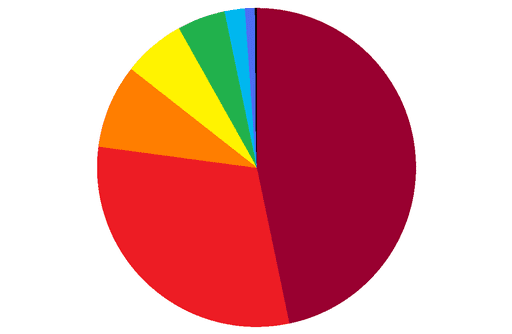Tag
community control
The Latest

Can Community Development Solve the Municipal Budget Crisis?
Oakland, Calif., like many cities, is beginning an annual or biennial budget process and coming to terms with the stark realities of structural problems with its municipal budget. An overwhelming […]
Search & Filter Within this Topic
filter by Content Type
filter by Date Range
search by Keyword
